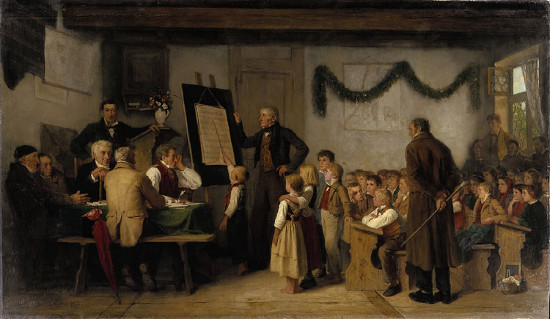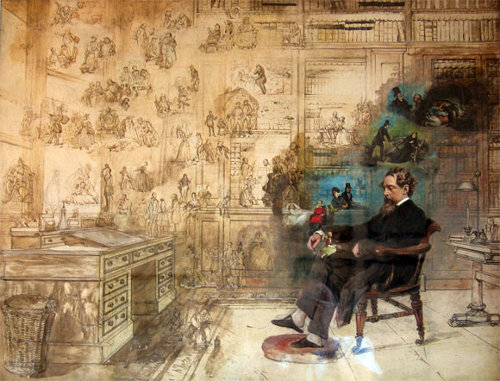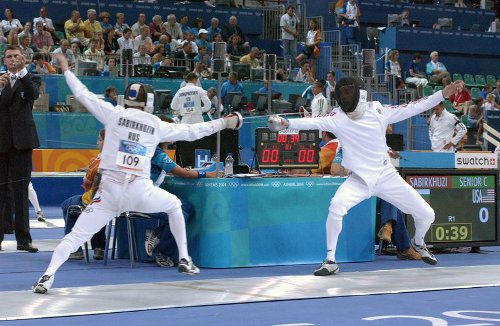During the War of 1812, the Declaration of Independence hung in the office of Stephen Pleasonton, an auditor in the State Department. When word came that the British might march on Washington, Secretary of State James Monroe ordered Pleasonton to safeguard the department’s important books and papers, so Pleasonton ordered linen bags made and began filling them with documents.
As he was doing this, Secretary of War John Armstrong Jr. passed through the building and remarked that the alarm was unnecessary; he did not believe that the British planned to attack the city.
“Had he followed the advice of the Secretary of War, an irreparable loss would have been sustained,” noted the New York Times in 1905. “For the papers which Mr. Pleasonton had placed in the coarse linen bags comprised the secret journals of Congress, then not published; the correspondence of Gen. Washington, his commission, resigned at the close of the war; the correspondence of Gen. Greene and other officers of the Revolution, a well as laws, treaties, and correspondence of the Department of State, from the adoption of the Constitution down to that time.”
Pleasonton had the bags carted to a grist mill on the Virginia side of the Potomac. As he was leaving his office, he caught sight of the Declaration hanging on his wall. He took it down, cut it out of its frame, and carried it away with the other papers.
Feeling that even the grist mill was too vulnerable, Pleasonton removed the bags a further 35 miles to Leesville, where he stored them in an empty house. “Worn out with his labors, Mr. Pleasonton states in a letter, he retired early to bed that night and slept soundly. Next morning he was informed by the people of the little tavern where he had stayed that evening that they had seen during the night, the same being the 24th of August, a large fire in the direction of Washington, which proved to be the light from the public buildings, which the enemy had set on fire and burned to the ground.”




